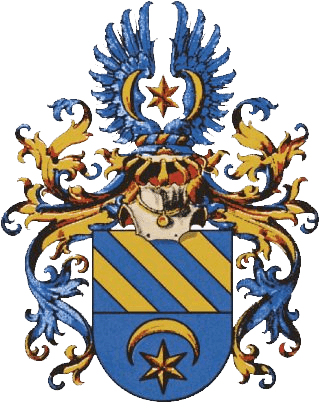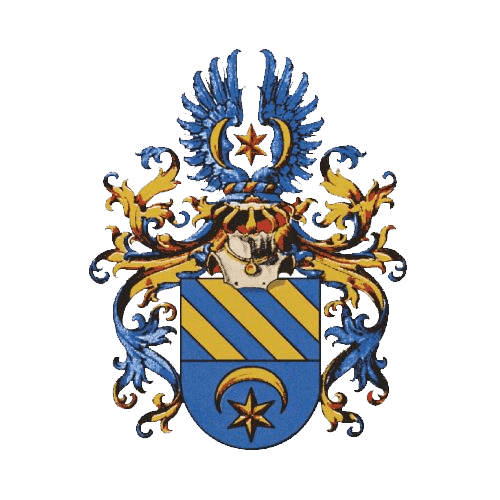On September 17, we hosted a cooperation webinar titled “How Can Hybrid Experiences Connect Cultures?” organized by DD Foundation and the European Capital of Culture Tartu 2024 , the event gathered cultural organizations, artists, and community leaders from across European Capital of Cultures to explore how hybrid events—those that blend physical and digital spaces—can bridge cultural gaps, foster community, and spark innovative collaborations.
KEY THEMES AND TAKEAWAYS
1. WHY HYBRID? NEW PERSPECTIVES AND SOLUTIONS FOR CULTURAL ENGAGEMENT
Hybrid experiences offer unique advantages for international collaboration, particularly for regions facing geographical challenges. By connecting audiences online and in person, hybrid events allow greater accessibility, fostering fresh insights and innovative approaches. This model empowers local and international participants alike to share and learn from one another’s cultural practices without the need for extensive travel.
2. REAL WORLD EXAMPLES OF HYBRID COLLABORATION
The webinar featured presentations from projects across Europe, demonstrating the potential of hybrid formats:
Tartu 2024 shared insights from its “Arts as a Regional Survival Kit” hybrid discussion, which created a dialogue between capital cultures on the need for artistic expression in distant regions.
One of the standout lessons from Tartu 2024’s experience was the importance of curating content that resonates across borders. Choosing relatable themes, like regional resilience and artistic expression, helps participants connect meaningfully, regardless of their physical location
Oulu 2026 showcased the Aalto Siilo Festival, a hybrid event streamed from historical sites, connecting audiences in Finland and Estonia while reducing the event’s environmental impact.
Oulu’s projects aim to reduce the environmental impact of events by leveraging digital platforms. By minimizing travel, hybrid events provide a more sustainable model for cultural programming. Additionally, they make cultural experiences accessible to people in remote and underserved areas, including schools, hospitals, and care facilities, enhancing inclusivity.
Miltton Events shared their past projects on large-scale hybrid productions, illustrating the diverse possibilities within hybrid formats. Miltton Events’ team highlighted the need for good partnership and communication throughout the planning early on.
3. VISION FOR FURTHER COLLABORATION
After the presentations, participants joined smaller networking sessions, allowing them to discuss potential partnerships and share ideas. These breakout sessions encouraged cultural organizations to brainstorm projects that could connect people across borders, with many exploring topics such as climate action, cultural identity, and regional cooperation.
The webinar underscored the power of hybrid cultural experiences in promoting European unity, building community resilience, and enhancing accessibility. As we look toward future European Capital of Culture initiatives, these hybrid models offer a sustainable, inclusive approach to cultural exchange that transcends physical barriers and brings communities closer together.
Webinar was organiserd as part of the “Empowering Pan-Nordic Public Discussion” project, funded by the Nordic Council of Ministers. The project’s goal is to help Nordic organizations foster meaningful dialogues across different nationalities, promoting intercultural understanding and cooperation.


